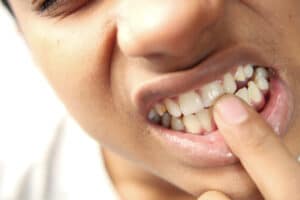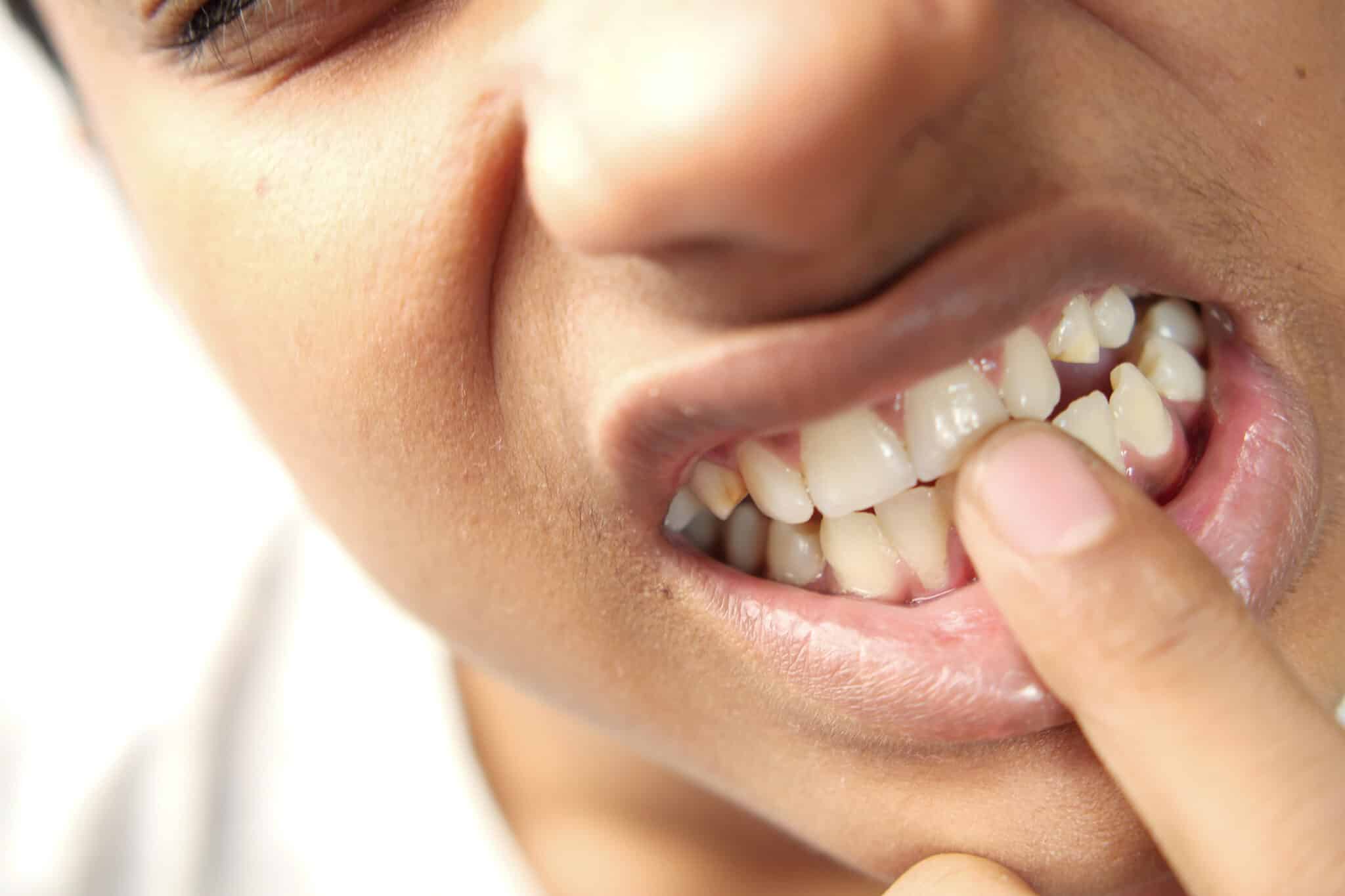
Elevating the Voices of Those Most Impacted
Heartbreaking stories like these are pouring in to an online “Share Your Story” forum that Floridians for Dental Access (FLDA) recently rolled out. The online forum was featured in an article by Florida Public News Service. American Children’s Campaign and FLDA are collecting real-life stories like these to dive deeper into the data and to elevate the voices of those most impacted by the lack of affordable dental care in their communities.
Oral Health Shapes Our Well-Being at Every Age
A mother in Alachua County claims it took 10 years to find a dentist who accepted her children’s Medicaid dental insurance. A Charlotte County grandmother has called weekly for over a year to get dental appointments for her two grandchildren with no success. And a woman in Pasco County says all her teeth are breaking off and rotting from the inside out. Click here to see more real-life stories.
Dental disease hurts more than our teeth. Untreated tooth decay can hurt our physical, mental and economic well-being. It can also be deadly.
Dental disease can harm our heart and lungs – raising our risk of pneumonia and diabetes. It can also affect our cognitive ability as we age and take a toll on our mental health, leading to depression and low self-confidence.
Good oral health can support a healthy pregnancy and give newborns a strong start. Untreated dental disease during pregnancy may lead to complications such as preeclampsia, a dangerous blood pressure condition, or premature births. Children with good oral health are better able to speak, eat, sleep, and socialize – important aspects of healthy child development.
Policy barriers keep many people from getting the care and support they need to have good oral health. Brown and Black people, American Indian/Alaska Native communities, and people with low incomes are disproportionately affected. However, even middle class families are putting off dental care due to high out-of-pocket costs.

